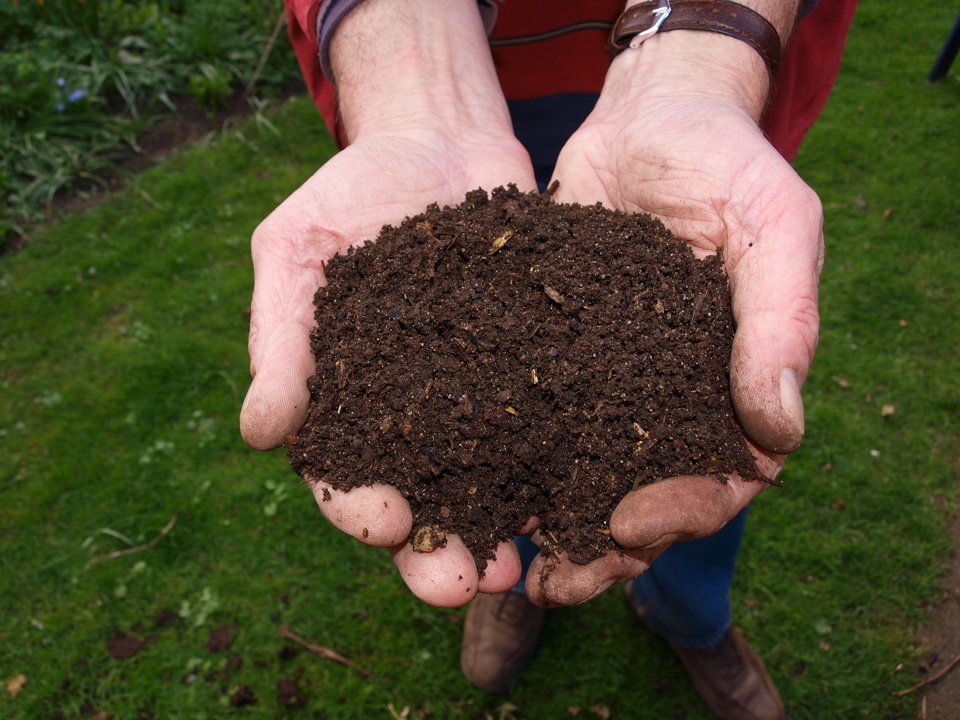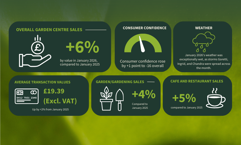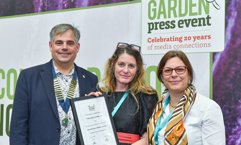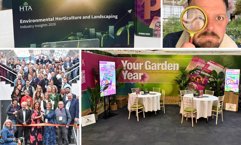
Horticulture industry responds to Defra consultation on ending the retail sale of peat
by Rachel McQuilliam

The Growing Media Taskforce, an industry group consisting of the Garden Centre Association (GCA), Growing Media Association (GMA), National Farmers Union (NFU), and Responsible Sourcing Scheme (RSS) and chaired by the Horticultural Trades Association (HTA), has submitted its response to the government’s consultation on the use of peat in horticulture, putting forward evidence that argues against legislation and calls for government to commit to taking action that will enable access to alternatives.
Views from across the industry, including growers, manufacturers and retailers, have shaped what stands as horticulture’s response to a Defra proposal to ban peat from retail sale by 2024.
Acknowledgment of the need to transition to peat-free as part of a wider commitment to improving the sustainability of horticulture is at the heart of the response, which outlines opportunities for government and industry to collaborate and highlights the unintended consequences a ban would have on an industry that has well-documented positive effects on society – particularly people’s mental health and wellbeing – is a key enabler in government’s green ambitions and contributes £29bn a year to GDP and generates £6.3bn in tax revenues.
With latest figures showing peat-use continuing to decrease across the board*, the taskforce says that primary legislation is not necessary and instead government should commit to working with industry to unlock policy barriers to speed up access to materials such as wood, coir and green waste.
Chairman of the HTA and Chair of the Growing Media Taskforce, James Barnes, said:
“Horticulture is a green industry at its core, providing the trees and plants that will enable government to progress towards net zero and achieve the goals of its 25-year environment plan. There is no question that peat use should be phased out, however, without access to the necessary quantities of alternatives, it is not dramatic to predict huge damage to UK growers and retailers and a knock-on effect for the millions of people who enjoy gardening.”
The response also raises the concerns of the edible horticulture sector, with particular regard to the challenges that mushroom producers and the propagation of some brassicas and leafy salad crops face. Both rely heavily on peat, as its benefits are not easily replicated.
“Growers are investing in finding suitable alternatives but more time and collaboration with government is required”, Barnes continued. “As a sector geared towards providing the nation with healthy, affordable British food, we are asking government to work with us until such time a commercial material delivers the biological benefits of peat, without unintentionally impacting our domestic food security.
“Our response to this consultation sets out how we can ensure a manageable transition to peat-free growing media and demonstrates that collaboration, not legislation, is the key to finding solutions to the complex challenges of the issue.
“Defra’s proposals represent further new regulatory policy from the Government that will impact our industry despite the Government’s principles outlined to do the opposite in their recent publication ‘The Benefits of Brexit’**.
“The industry is already working incredibly hard to advance progress through education, by way of the Responsible Sourcing Scheme for example, and product development. Government action needs to complement this - by way of funding for more research and development and grants for new technologies and removing policy barriers to the alternatives we know are out there. ”
The taskforce has committed to end the sector’s use of peat, pledging to remove it from the retail market as early as 2025 and no later than the end 2028.









